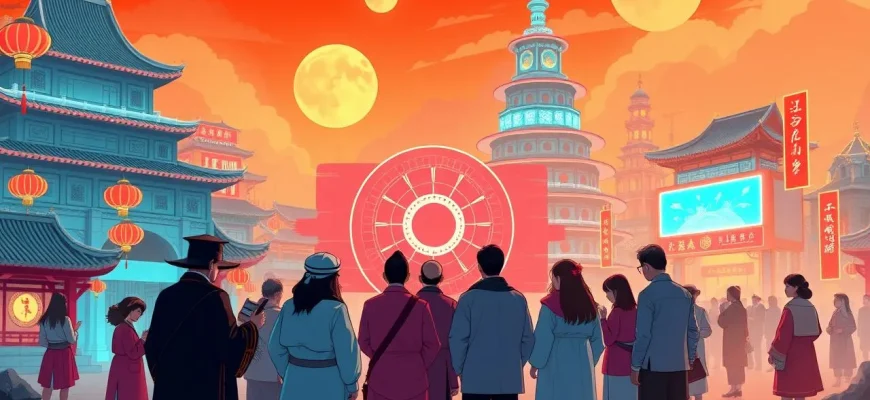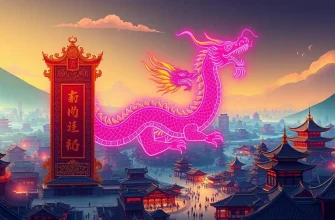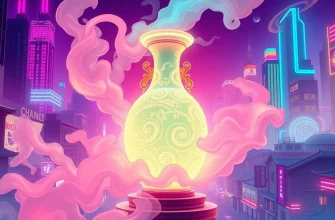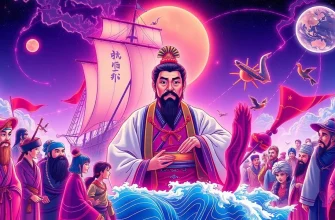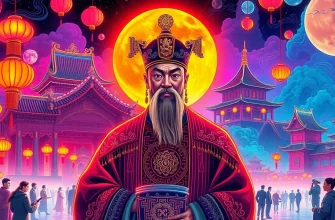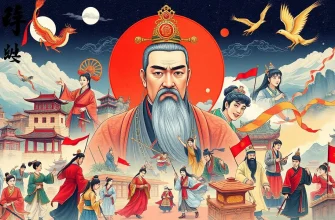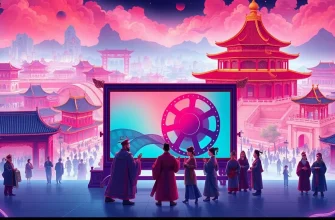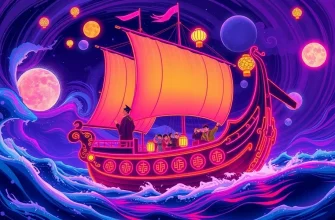Embark on a cinematic journey through time with our curated selection of films that delve into the heart of Chinese traditions. These films not only entertain but also educate, offering a glimpse into the customs, philosophies, and historical events that have shaped one of the world's oldest civilizations. Whether you're a history buff or simply love a good story, these films provide a unique window into the soul of China.
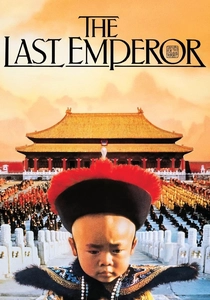
The Last Emperor (1987)
Description: This epic biopic chronicles the life of Puyi, the last Emperor of China, offering insights into the decline of the Qing dynasty and the clash between tradition and modernization.
Fact: It was the first Western film to be allowed to shoot inside the Forbidden City in Beijing.
 Watch Now
Watch Now
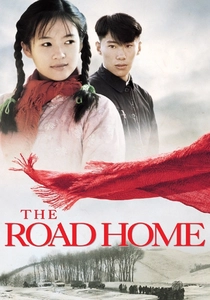
The Road Home (1999)
Description: A poignant tale of love and tradition, this film tells the story of a young woman's devotion to her deceased husband, reflecting on the simplicity and beauty of rural Chinese life.
Fact: It was Zhang Yimou's first film to be approved by the Chinese government without any cuts.
 Watch Now
Watch Now
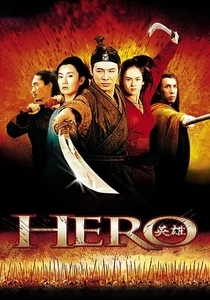
Hero (2002)
Description: This visually stunning film tells the story of an assassination attempt on the King of Qin, focusing on themes of sacrifice, honor, and the unification of China through a lens of traditional storytelling.
Fact: The film uses color symbolism to represent different narratives, a technique inspired by traditional Chinese opera.
 Watch Now
Watch Now
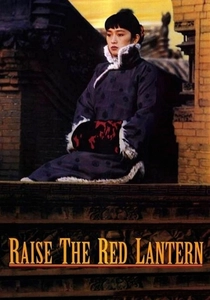
Raise the Red Lantern (1991)
Description: This film explores the life of a young woman who becomes the fourth wife of a wealthy man in 1920s China, highlighting the oppressive traditions of concubinage and the struggle for power within the household.
Fact: The film was nominated for an Academy Award for Best Foreign Language Film and was banned in China for its critical portrayal of traditional Chinese society.
 30 Days Free
30 Days Free
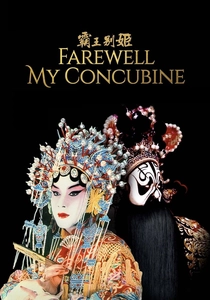
Farewell My Concubine (1993)
Description: Spanning over 50 years, this film examines the lives of two Peking opera stars, exploring themes of love, loyalty, and the impact of political upheaval on personal lives and traditional arts.
Fact: The film won the Palme d'Or at the Cannes Film Festival and was also nominated for two Academy Awards.
 30 Days Free
30 Days Free
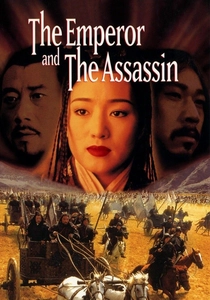
Red Cliff (1998)
Description: Set during the Warring States period, this film delves into the complex relationship between the King of Qin and his would-be assassin, highlighting the political intrigue and the quest for unification.
Fact: The film was one of the most expensive Chinese films ever made at the time of its release.
 30 Days Free
30 Days Free
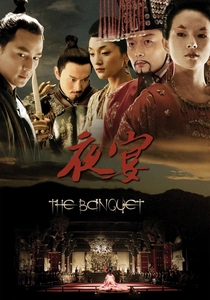
The Banquet (2006)
Description: Inspired by Shakespeare's "Hamlet," this film is set in ancient China, exploring themes of revenge, power, and the traditional roles within the imperial court.
Fact: The film's costumes were designed by the famous Chinese designer, Tim Yip, who also worked on "Crouching Tiger, Hidden Dragon."
 30 Days Free
30 Days Free
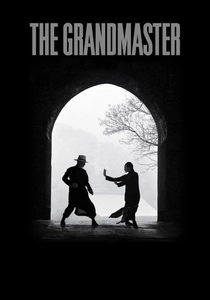
The Grandmaster (2013)
Description: This film explores the life of Ip Man, the legendary martial arts master, and his role in preserving and spreading Wing Chun, a traditional Chinese martial art.
Fact: It was the first Chinese film to be shot in IMAX format.
 30 Days Free
30 Days Free

To Live (1994)
Description: Spanning several decades, this film follows a family's journey through China's tumultuous 20th century, showcasing the impact of political changes on traditional family values and customs.
Fact: Despite its critical acclaim, the film was banned in China for its portrayal of the Cultural Revolution.
 30 Days Free
30 Days Free

